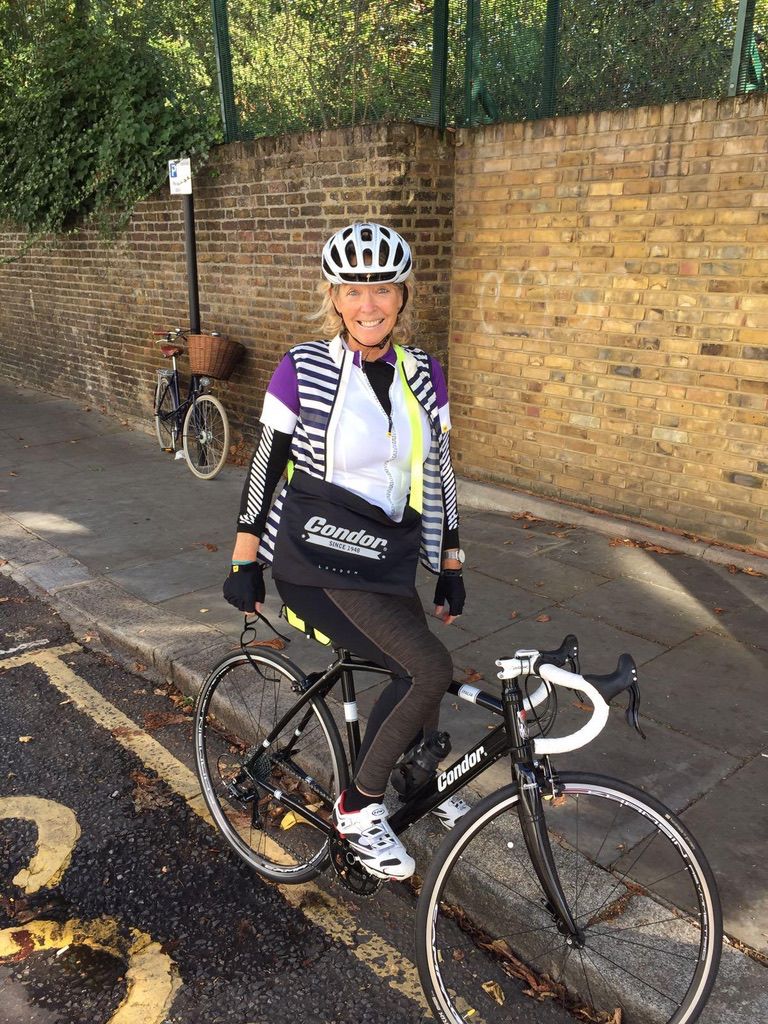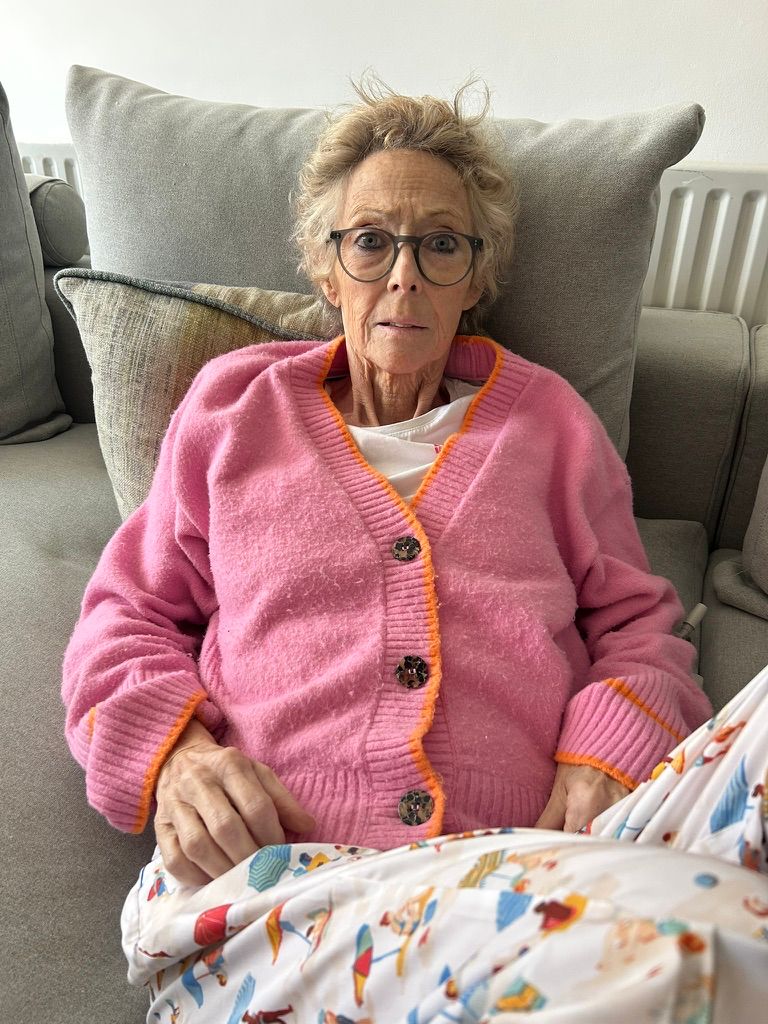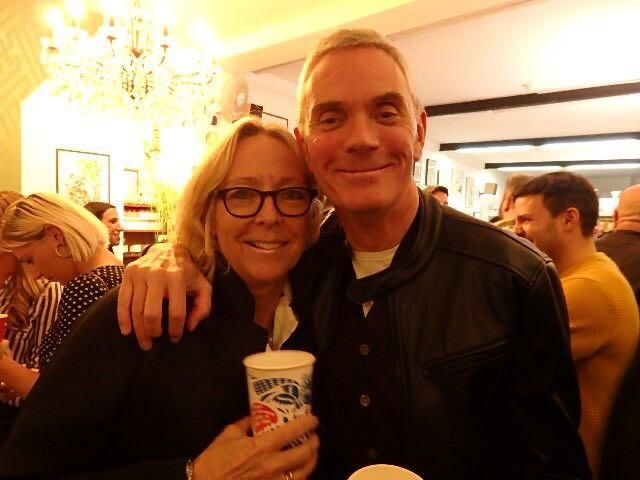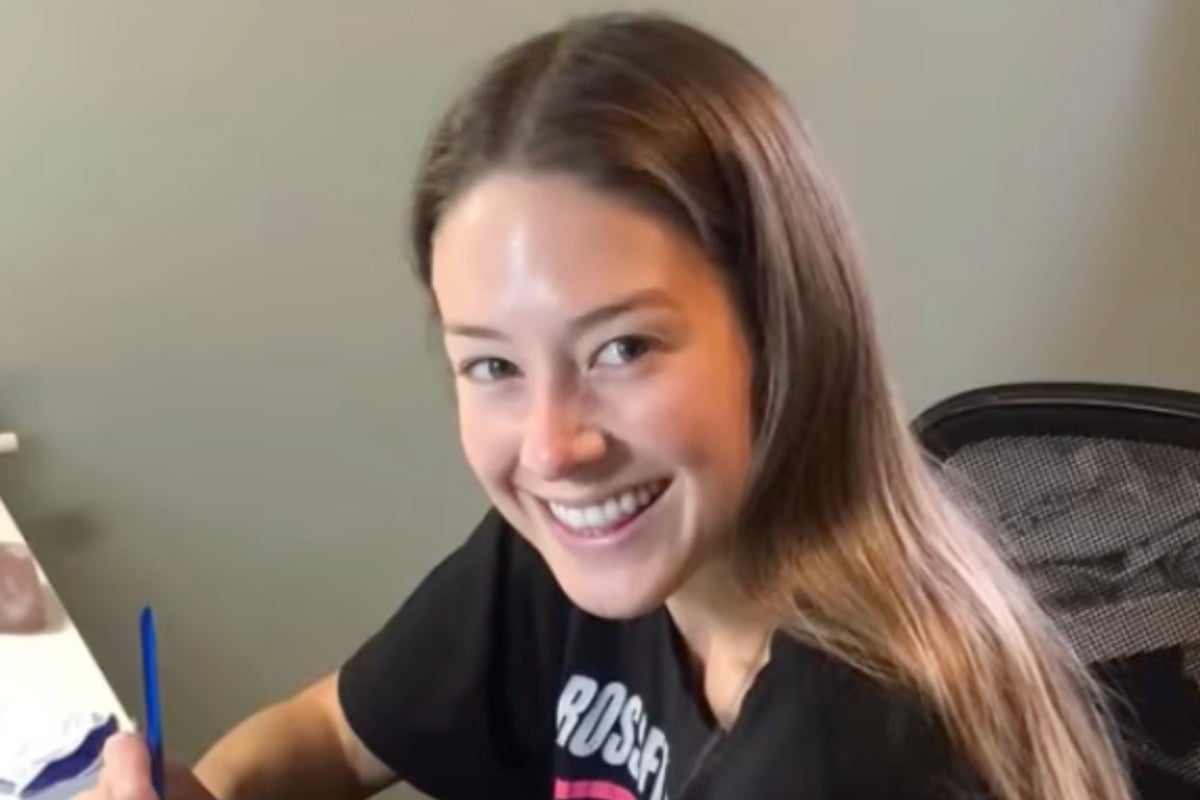A London grandmother who has battled breast cancer for over a decade is facing the prospect of having to uproot her life and move more than 300 miles to Scotland to access a pioneering drug on the NHS.
Beverley Angell, 68, from Fulham, explained that an “unfair postcode lottery” has meant the drug, which costs £8,000 per session privately, is only available on the NHS in Scotland.
“I don’t really want to leave my family, but it is a matter of life and death. I don’t have a choice,” she told The Independent.
The interior designer, who has stage 4 breast cancer, said the drug Enhurtu (trastuzumab deruxtecan) helps to treat HER2-low, which represents at least 55 per cent of breast cancers including the kind she has.
But moving is a “difficult dilemma” for Beverley, who doesn’t want to leave her family behind.
“I can’t bear it, I’ve got family here, I’ve got grandchildren, I don’t want to leave them,” she said.
“I don’t have a choice, you either sink or swim. You just have to try your best or give up.”
She was first diagnosed with breast cancer in 2012 and a lump was removed from her left breast, after which she was told her cancer was low-risk. It returned in 2014, and she had a mastectomy and chemotherapy.

For years she didn’t suffer any symptoms until more lumps were discovered during a routine check-up at Charing Cross Hospital in December 2023. For a third time she had an operation to remove the lumps, and had chemotherapy.
Just as she thought she was recovering last year, she started to feel breathless while doing basic tasks. In March 2024, doctors found fluid in her lungs and diagnosed her with stage 4 breast cancer which had spread to her lungs, bowel and kidneys.
Breast cancer is the most common cancer in the UK and around 55,000 women and 400 men are diagnosed with the disease every year, according to Breast Cancer Now.
When it is caught in the early stages almost all women survive for five years after their diagnosis, but typically only a quarter of those diagnosed with stage 4 breast cancer survive for five years, Cancer Research UK says.
Beverley spent five weeks in hospital following her diagnosis, the fluid was drained from her lungs and she started chemotherapy in April 2024, until it stopped working in January this year.
Although she knows Enhertu is not a “cure”, she believes it is the best option to give her “significantly more quality time on this earth”.

Enhertu is the first licensed targeted treatment for patients with HER2-low breast cancer that cannot be removed surgically or that has spread to other parts of the body.
Patients are usually offered chemotherapy, but Breast Cancer Now explains the targeted drug could offer people more time to live in comparison.
Enhertu was approved for use in Scotland in December 2023 but was rejected for use on NHS England in March 2024 by the National Institute of Health and Care Excellence (Nice) because it was too expensive.
Nice chief executive Dr Samantha Roberts said she was “extremely disappointed” that they were “unable to reach a price agreement that would have made advanced breast cancer drug Enhertu available to around 1,000 women in England and Wales”.
AstraZeneca and Daiichi Sankyo, the pharmaceutical companies that manufacture Enhertu, said: “22 other European countries, including Scotland and most recently Spain and Romania, have already delivered routine patient access to Enhertu for HER2 low metastatic breast cancer patients. We are calling on Nice to evolve the way treatments are assessed for patients in England and Wales to create a system that enables equitable access for patients in line with other countries.”
However, moving to Scotland to access the drug is proving difficult. In February, Beverley and her husband Nick, 67, planned to visit Edinburgh to look for flats, but did not make it to Stansted Airport, instead finding themselves in Addenbrooke’s Hospital in Cambridge.
Doctors there found her cancer had also spread to her peritoneum – a membrane that lines the inside of the abdomen – causing fluid to build up on her abdomen.
Describing the system as a “minefield”, she explained she would need to move and get on the council tax register in Scotland before she was even able to request the drug.

“If I moved to Scotland, I would have to cut all ties with my current oncologist and I would have to become a Scottish resident,” she said.
“You have to go through a long process of moving and they could turn around and say they are not funding me because I live in England.”
She has since launched a GoFundMe campaign, either to help fund the move to Scotland or pay for the drug privately in England.
Thanks to the generosity of one benefactor, Beverley has already had one round of Enhertu privately, but she will need to take it every three weeks for it to have any effect.
A Department of Health and Social Care spokesperson said: “We know how disappointing it is to many families that the manufacturers of Enhertu are unwilling to sell this life-extending treatment to the NHS at a fair and reasonable price, despite Nice and NHS England offering unprecedented flexibilities in negotiations.
“Enhertu is the first breast cancer treatment that Nice has been unable to recommend in over six years, a period in which it approved 21 other treatments for the disease. Our door remains open to support the introduction of medicines at a cost-effective price which can bring benefits to patients across our country.”




